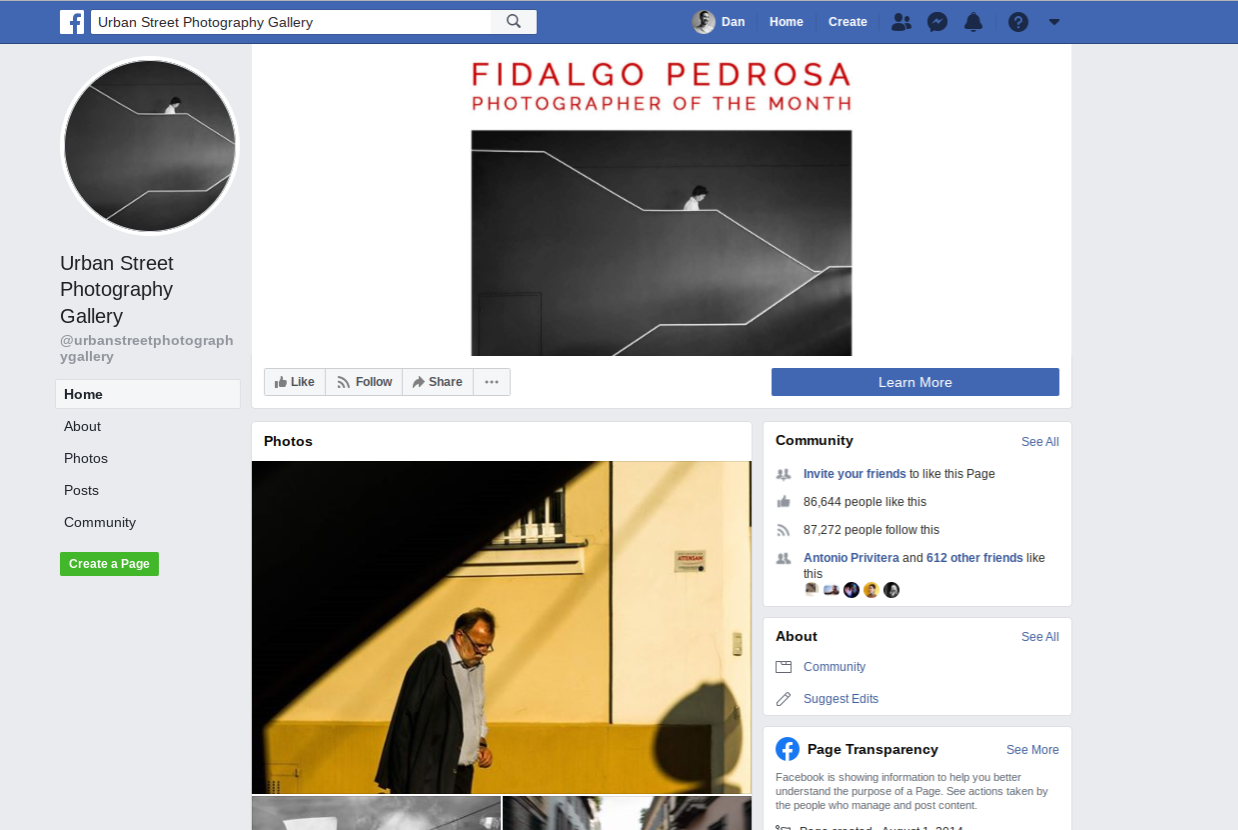Last Updated on 10/01/2020 by Chris Gampat
Online street photography groups seem a great place when getting started, but if you’re serious about the craft it makes more sense to leave them!
In theory, online street photography groups are an ideal way of connecting with other street photographers and learning more about the craft. It’s typical for newbie and hobbyist street photographers to want to connect with others about their craft. This has been going on since the earlier days of Flickr. Typically, these groups share their images, provide feedback, and receive validation for their work. The most common are Facebook street photography groups, and ease of access has made these groups more popular than meeting in person. But like a lot of good ideas, they have the potential to turn toxic, and oftentimes they do. If you’re a member of these online communities, here are five reasons why you should leave them right away.
“You run the risk of posting just for people to tell you how great you are.”
Street Photography Groups Are Void of Real Critique
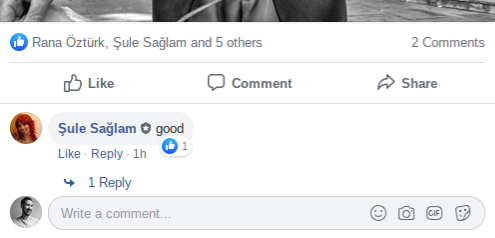
One of the main reasons a person enters a street photography group is to receive validation of their work. The problem with many of these online groups is that the members are very much about patting each other on the back, regardless of the quality of the work. You learn nothing from likes and comments such as “great shot.” All you get is an inflated opinion of how good your street photography is. It may feel great in the short term, but it won’t serve your development well. I’ve tried to provide constructive criticism in the past. The result was the moderators of the group messaging me to say they don’t like “negativity” in the group.
Everyone Is a Know it All
You’ve all heard the term “keyboard commando.” There are plenty of them in online street photography groups. The amount of “I know better than you” mentality is unreal, and one of the consequence is people becoming lost in online arguments about things like “the true meaning of street photography.” All of this leads to burned up energy: energy that could be spent shooting street photography. And if you are thinking “I would just stay out of all that,” you could. But you should also realize it’s easy to get roped into online arguments like these without realizing it.
“You learn nothing from likes and comments such as “great shot.” All you get is an inflated opinion of how good your street photography is.”
You Get Influenced by the Wrong Street Photographers
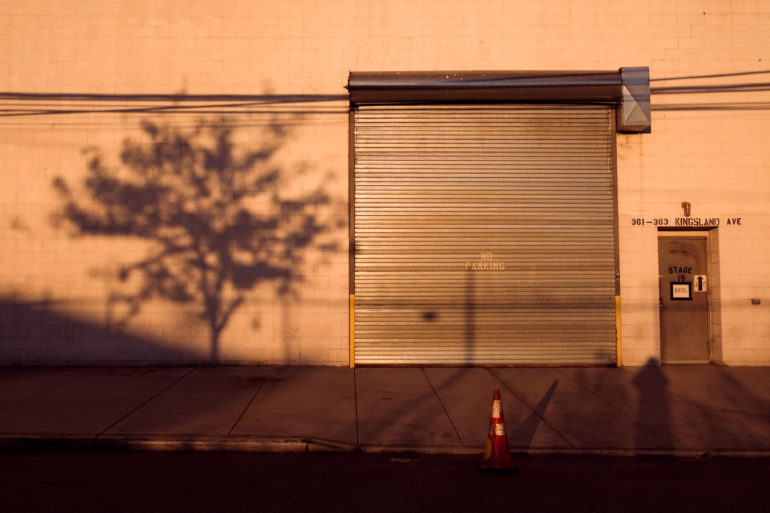
Street photography groups are very clicky. If you’re popular – and this could be because you’re a good person – you’re likely to get more support for your work. If you’re a young (or new) street photographer, it’s easy to see someone get hundreds of likes and think “they must be setting the standard for good street photography.” Honestly, that’s hardly ever the case: it’s more likely the case of online buddies showing support. Becoming influenced by the wrong street photographers is going to impact the quality of your work, and that’s the last thing you want.
They Make You a Selfish Street Photographer
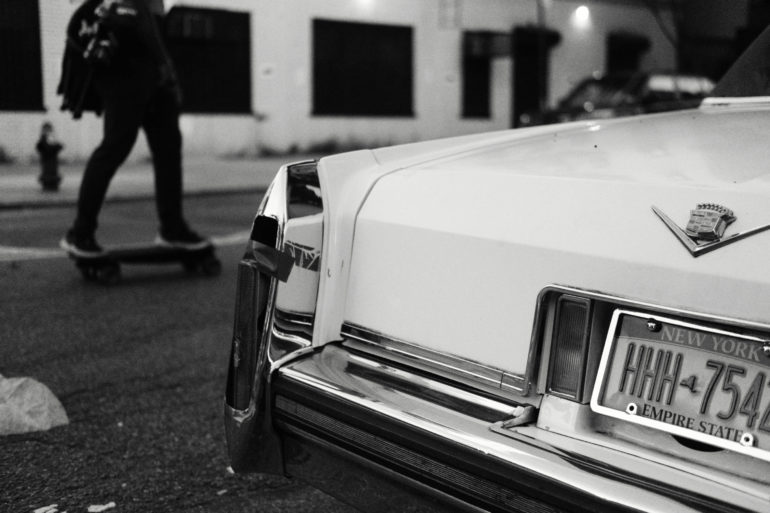
As said above, street photography groups are built for validation. You run the risk of posting just for people to tell you how great you are. That has nothing to do with community, but rather getting an ego boost. I see street photographers post the same image across multiple groups all the time. Why do they do this? They want as much validation as possible. Rather than have one, established street photographer say their work is excellent, they want hundreds, sometimes thousands, of strangers to do it.
This is not a healthy way of working. It runs the risk of creating dependency, and a photographer can become almost addicted to this process. Again, it burns energy that could be better spent on improving your work.
“To be clear, I’m not suggesting you should take street photographs, keep them to yourself and never interact with the real world. In fact, I’m encouraging you to interact with the real world, something these online groups are not.”
Street Photography Group Administrators Can Become Dictators
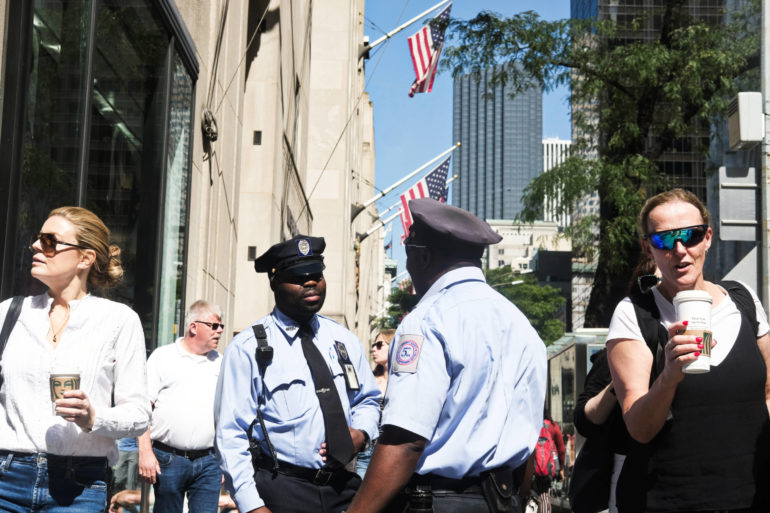
The topic of street photography ethics has long been debated. It’s likely that, outside the law, we will never have a community fully agree on what you should and shouldn’t shoot. I reluctantly accept this. Some administrators act like they wrote the book on street photography ethics. They manage groups under strict rules which often limit creative license. Rather than listening to their members, it’s their way or the highway. On the flip side, there are other groups with no rules at all. It’s not uncommon to see images that objectify women or shame people who are having a hard time in life – this is not cool, ever. You are provided no benefit, creatively or emotionally, being in these groups.
Alternatives to Online Groups
To be clear, I’m not suggesting you should take street photographs, keep them to yourself, and never interact with the real world. In fact, I’m encouraging you to interact with the real world – something these online groups are not. Instead of wasting hours online, look for other kinds of photography groups. Sites like MeetUp have many groups that arrange photo walks and the like. These tend to be more honest in terms of constructive feedback and far less toxic. Why? Because people behave differently in real life than online. They’re more human. They have more empathy, and it’s just a much more productive environment.
If you’re looking for validation, you have plenty of options. Reach out to established street photographers and pitch to publications. You’re going to learn a lot about the quality of your work by going down those routes. You may even be surprised to discover that you’re better than you actually think. Social media groups are extremely flawed. They have failed in whatever positive purpose they set out to have. So, if you’ve stayed with this article to the end, here’s what you need to do next. Go to Facebook, open up your street photography groups, click “leave group,” and enjoy the rest of your life.
Lead photo is a screenshot from Facebook


